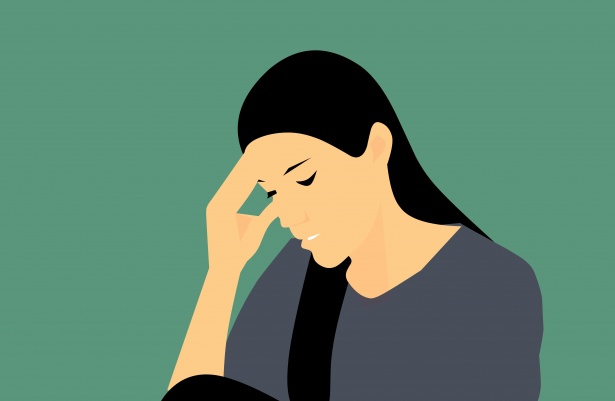Written by Aeryn McMurtry
Mental health is one of the most overlooked and least discussed aspects of physical wellness. It can be affected by things like dietary health and physical environment, which is where the concept of seasonal depression comes from. Being in a climate or weather condition that puts stress on your body also puts stress on you mind and can lead to some serious side effects.
Being a college student adds another layer because as soon as it starts getting dark earlier and colder throughout the day, more assignments start piling up. Late November is notorious for being the most academically challenging time in the fall semester. Final papers and projects are due and exams are only three weeks away. Not to mention that going into a 2:50 in the daylight and leaving at 4:20 to sunset is disconcerting on your personal sleep clock and can cause some stress on both your body and mind. You start getting tired earlier because the sun has gone down, you feel like you’ve wasted your whole day even though it’s still technically mid-to-late afternoon.
One easy way to combat this is to make sure you do your homework/studying in a well lit and open area. Seeing people and being exposed to good lighting will keep your body on track and help ease the feeling on seasonal loneliness. Also try and make sure that your home/dorm room is clean: if you can find everything you need for class, you won’t have to worry so much about it.
The cold is another important factor. Fall in the mid-south is always a little tricky because the temperature can go from 35 on Tuesday to mid-60’s on Wednesday. The inconsistency in environment can contribute to mental strain; it’s just one more thing you have to worry about. Keep an extra pair of good socks and a sweater or light blanket in your backpack. You might find that you don’t need to use them, but even having the option can give you piece of mind.
Probably one of the least talked about contributors to seasonal health problems is diet. The colder the weather, the more inclined we are to eat high-calorie and high-fat “comfort foods”. Your body wants to keep fat on itself, and in cold weather, this is especially helpful. But using the cold as an excuse to eat poorly can have lasting effects. There is absolutely nothing wrong with having excess fat on your body, but eating only high-fat food will slow down your metabolism and leaves you feeling tired throughout the day. Keeping your physical energy up will keep your mental energy from depleting too.
One last piece of advice is to check up on your friends. The fall/winter holidays can be a stressful time for people, especially those that have dealt with some sort of family or personal difficulties. Caring and being cared for also reinforces social bonds and can ease mental strain. Knowing that somebody else is going through a similar stressful time (or knowing that people close to you want to help you through a stressful time) builds community and reassures you that everything will work out.




